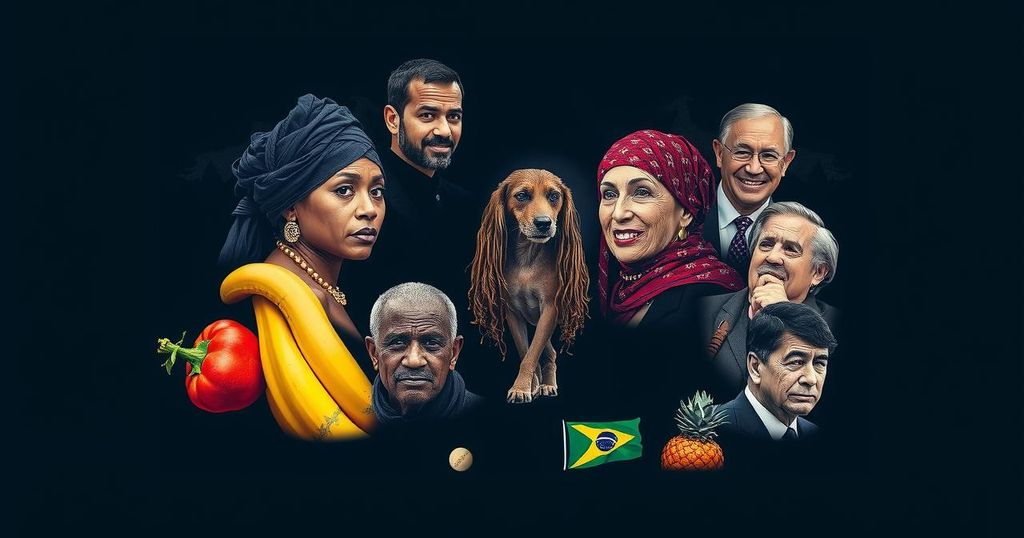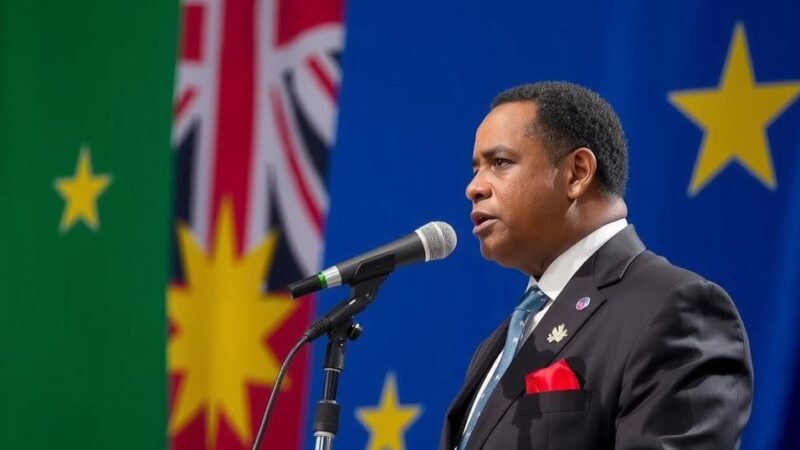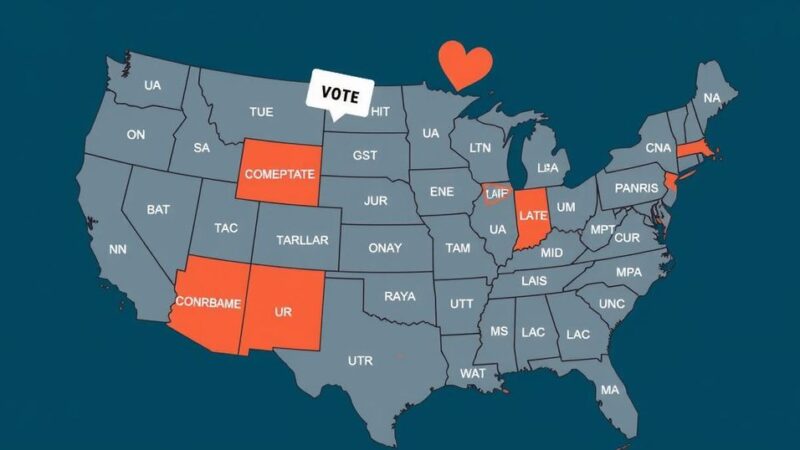Brazilian President Lula da Silva opened the G20 meeting with the launch of a Global Alliance to combat hunger, deemed a collective tragedy. He expressed regret over worsening global conditions since the first G20 in 2008, emphasizing hunger’s impact on 733 million people despite abundant food production. With 81 countries backing the initiative, Lula urged leaders to act decisively against hunger, marking a significant focus of Brazil’s presidency.
President Luiz Inácio Lula da Silva inaugurated the G20 summit in Rio de Janeiro by introducing a Global Alliance to combat hunger, which he identified as the “ultimate symbol of our collective tragedy.” This significant gathering, which Brazil is chairing, convenes leaders from 19 member countries—excluding only Russia and Saudi Arabia. Lula expressed regret that, since his attendance at the first G20 meeting in 2008, global conditions have deteriorated, citing escalating conflicts and growing inequalities. In his impassioned address, Lula stated that hunger remains the most egregious issue facing humanity today, citing United Nations data indicating that 733 million people are undernourished worldwide despite the planet producing nearly six billion tons of food annually. He urged the assembled leaders, including President Joe Biden and Xi Jinping, to confront this shameful situation head-on, placing the fight against hunger at the forefront of Brazil’s G20 presidency. Eighty-one nations have endorsed the initiative, although initially, Argentina hesitated due to its new president’s critical stance towards Lula. However, after negotiations, Argentina joined the alliance. The summit was marked by a notable encounter between Lula and President Javier Milei of Argentina, whose handshake was notably cold, reflecting the political tensions between the two leaders. While Argentina ultimately supported the alliance, it has shown resistance to other proposals from Brazil, including taxation of the wealthy. The Global Alliance Against Hunger and Poverty boasts 148 signatories, encompassing 82 countries along with numerous international organizations and philanthropic bodies. Lula emphasized the need for action, urging that the summit should be defined by a collective courage to enact meaningful change.
The G20, established in 1999, serves as a key platform for international economic cooperation among the world’s major economies. This year, Brazil’s presidency has highlighted critical global challenges, including hunger and poverty, exacerbated by armed conflicts and climate change. During Lula da Silva’s tenure, a focus has been placed on reversing these dire trends, particularly as the COVID-19 pandemic significantly deepened existing inequalities. The launch of the Global Alliance seeks to foster collaboration among nations and organizations to address the pervasive issue of hunger and promote sustainable solutions.
In conclusion, President Lula’s launch of the Global Alliance Against Hunger and Poverty at the G20 summit underscores a pivotal moment in international diplomacy to address a critical humanitarian issue. Despite initial reservations from some member nations, including Argentina, the proposal has received broad support, signaling a global commitment to combat hunger. As the summit progresses, the emphasis on collective action and solidarity remains essential for effecting lasting change in the fight against poverty and hunger worldwide.
Original Source: www.theguardian.com






